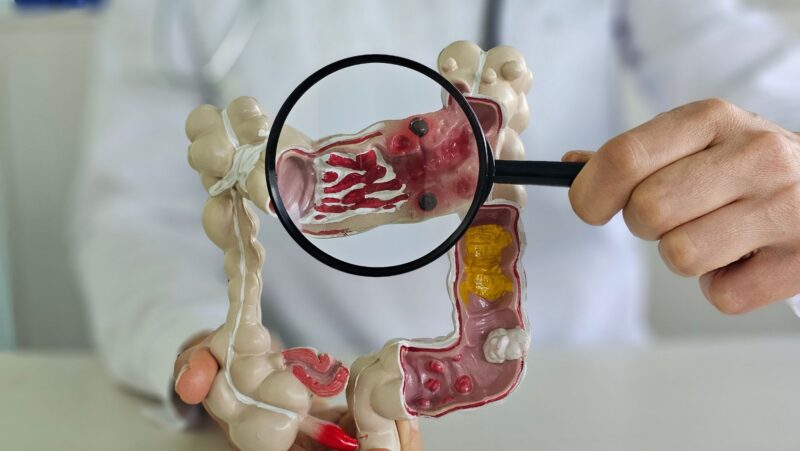
Whiplash is one of the most common injuries sustained in car accidents, yet it is frequently underestimated. When the head is violently jerked back and forth, the neck’s delicate muscles and ligaments can suffer serious damage. What many people don’t realize is that untreated whiplash can lead to chronic headaches or even debilitating migraines that impact daily life. Ignoring the initial pain or failing to seek proper treatment can have long-term consequences.
The connection between whiplash and chronic headaches is rooted in the body’s anatomy. The cervical spine, which supports the head, is closely linked to the nerves that control sensation and pain in the head. When whiplash damages the neck, it can trigger ongoing tension and nerve irritation that may lead to persistent headaches. This link is often misunderstood, making it essential to recognize the symptoms early and take action.
Understanding How Whiplash Affects the Body
Whiplash occurs when a sudden impact causes the neck to whip back and forth, stretching or tearing soft tissues. The injury is often dismissed as minor, especially if the pain isn’t immediate. However, the damage to muscles, nerves, and discs in the neck can be significant, leading to long-term complications. Without proper medical intervention, the pain can become chronic, with headaches or migraines emerging as one of the most disabling symptoms.
Neck injuries from car accidents can also misalign the spine or cause muscle tension that radiates to the head. This tension places pressure on nerves and restricts normal blood flow, which can trigger headaches. It’s not just about managing neck pain; addressing the underlying whiplash injury is crucial to preventing headaches from becoming a permanent part of life.
The Onset of Chronic Headaches After Whiplash
Many victims of car accident whiplash injuries experience headaches within days of the incident. However, some don’t develop symptoms until weeks later, making it difficult to link the pain to the original accident. These headaches can range from dull, persistent aches to sharp, intense migraines that make it impossible to focus or perform daily activities. The delayed onset can often mislead victims into thinking their headaches are unrelated.

One key aspect of these headaches is their origin in the neck. Cervicogenic headaches, as they’re called, start from issues in the cervical spine and manifest as head pain. Left untreated, they can worsen over time, leading to frequent migraines that require aggressive pain management strategies. Seeking early intervention is vital for preventing these headaches from becoming a long-term struggle.
Nerve Damage and Inflammation
Whiplash can also lead to nerve damage and inflammation, both of which are key contributors to chronic headaches. When nerves in the neck are compressed or damaged, they send pain signals to the brain, resulting in severe headaches. Inflammation from muscle or ligament injuries can exacerbate this nerve irritation, creating a vicious cycle of pain that’s hard to break.
Inflammation can also lead to a reduced range of motion in the neck, further complicating the recovery process. Physical therapy, chiropractic care, and other treatments aimed at reducing inflammation and restoring neck function are often necessary to alleviate headache symptoms. Ignoring the problem won’t make it go away; it can, in fact, make it much harder to treat later.
How Whiplash Can Evolve Into Migraines
For some, untreated whiplash doesn’t just result in headaches but evolves into full-blown migraines. Migraines are severe, throbbing headaches often accompanied by nausea, sensitivity to light, and visual disturbances. The neck’s ongoing dysfunction from whiplash can act as a trigger, making the nervous system hypersensitive to pain stimuli. Migraines induced by neck trauma can become a frequent, debilitating issue that severely impacts one’s quality of life.
Treating migraines caused by whiplash involves more than just pain relief. Comprehensive treatment plans may include muscle therapy, nerve block injections, or even medication to manage nerve pain. Understanding this connection underscores the importance of addressing whiplash thoroughly and early to prevent migraines from becoming a chronic problem.
The Emotional and Mental Toll of Chronic Headaches
Dealing with chronic headaches or migraines as a result of untreated whiplash can also have a profound emotional impact. The persistent pain can lead to anxiety, depression, and a reduced quality of life. Activities that were once enjoyable become sources of stress, and the fear of triggering a headache can make social events and daily routines seem daunting.
This emotional toll can complicate the healing process, as stress and anxiety are known to exacerbate headache symptoms.

Addressing both the physical and emotional aspects of post-whiplash headaches is crucial. Comprehensive care, including counseling or stress management techniques, can be beneficial alongside physical treatment to improve overall well-being.
The Importance of Seeking Early Treatment
The best way to avoid chronic headaches and migraines is to treat whiplash as soon as possible. Even if you don’t feel significant pain immediately after a car accident, getting a thorough medical evaluation is critical. Doctors can identify subtle injuries and start appropriate treatments before symptoms worsen. Early intervention can include physical therapy, gentle neck exercises, and medication to manage inflammation and pain.
Neglecting early care increases the risk of long-term complications that are harder and more costly to treat. For many, the key to recovery lies in understanding that whiplash is a serious injury, even if the symptoms are delayed. Proper care can mean the difference between a quick recovery and years of chronic pain.
Potential Legal Setbacks from Untreated Whiplash
Beyond the medical impact, untreated whiplash can also have legal ramifications. If you develop chronic headaches or migraines due to a car accident, documenting your symptoms and treatments is essential for any potential legal claim. Insurance companies may argue that delayed symptoms aren’t related to the accident, making it harder to secure compensation for medical bills, lost wages, or pain and suffering.
Working with a medical professional and consulting an experienced attorney can help strengthen your case. If you suffer from car accident whiplash injuries, it’s crucial to understand your rights and the evidence needed to support your claim. Legal guidance can help ensure that you receive fair compensation for the physical and emotional toll of your injuries.












